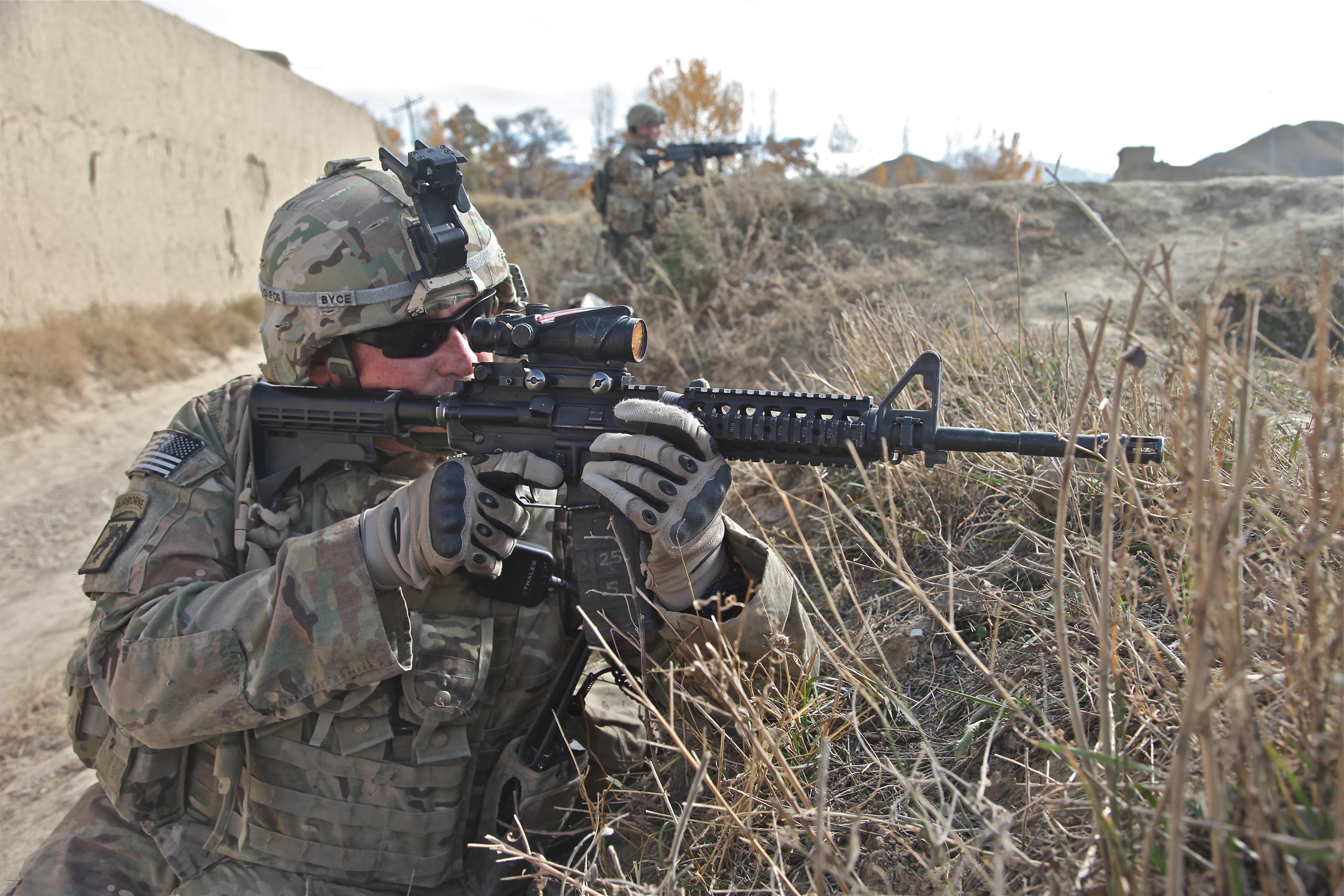The average citizen understands the need to have police, but may not know why a peaceful nation state needs to have its own defence forces. This is perfectly understandable if they have never had the personal experience of living through the horrors of war, or if national defence is not fully included in civics classes at school, which appears to be the case in Catalonia.
In Catalonia, the current antipathy towards having defence forces is rooted in the dark years of the 1936/39 War, and in its aftermath. This antipathy is directed mainly at the Spanish Army but has given rise to a broader, more general, anti-military sentiment among Catalans. Not so in Sweden, where maintaining effective armed forces is widely accepted as being a key factor in preserving peace for over two hundred years.
But why have defence forces? The simple answer is that we all want peace and freedom. Freedom is, unfortunately, never free, and the world has never been truly at peace. The hard reality of life is that all nation states need armed forces to preserve peace and avoid war. Moreover, the abiding lesson from History is that those countries who do not have armed forces to protect them, will, sooner or later, lose their independence. Do those Catalan nationalists, who aspire to Independence without an army, really want a permanent stable independent state, or just a flash-in-the-pan nation that falls apart after a generation?
The principle of deterrence consists of having a sufficient military capability to make it too costly for an enemy force to attack
In the same way, a nation takes measures to deter external aggression. Central to these measures is the maintenance of armed forces to resist and repel attack against its territory. However, as any defence can be overcome, so we rely on the principle of deterrence. The concept of deterrence, is to have a sufficient military capability to deter a potential aggressor, by making it too costly for an enemy force to attack. For most countries, this means a defence spending level of 1% to 3% of GDP, and 3 to 4 citizens, in every 1000, serving in the armed forces. National security is like home security. Just as no home is fully secured against a determined break-in, no one nation can fully guarantee the defence of its national territory. Instead, both rely on the deterrent principle. At home, we lock our doors and windows. We may install an alarm system. We know these measures can be overcome, but we hope, and expect, that they will deter a break-in.
But who would want to attack Catalonia? Catalonia has no enemies. True, but historically it is located in one of the most dangerous regions of the world. In the past 80 years alone, every country in and around the Mediterranean, without exception, has known war, and History has a bad habit of repeating itself.
Even in peacetime, Catalonia needs armed forces, not just to defend the sovereignty and territorial integrity of the state, but also to support the police in tackling terrorism, to ensure emergency services in times of natural disaster, and to play a full part in international peacekeeping through participation in multinational peace support operations.
Catalonia also needs armed forces to support the police in tackling terrorism, to ensure emergency services in times of natural disaster, and to play a full part in international peacekeeping through participation in multinational peace support operations.
Without defence forces many foreign investors, and tourism companies, may not take the risk of doing business with an independent Catalonia. Why take a chance when there are many more secure environments available? At present, as part of Spain, Catalonia ticks all the security boxes, as it is under the protection of the Spanish Army, Navy and Airforce.
It is too late to create an army when you are attacked. It takes years to create one, and decades to achieve the level of professionalism of modern European armed forces.
All 28 Member States of the EU have armies, most have navies and air forces, and all recognise the clear separation of police and military functions.
The Mossos d’Esquadra is a fine police force but it should not try to be an army as well.
Dorcha Lee is a Colonel of the Irish Defence Forces (retired) and co-author of the book Política de defensa i Estat propi (in Catalan). Graduate of the Irish Military College, US Army Infantry School and the Infantry School of the French Army. He has taken part in UN peacekeeping missions to Cyprus, Libya, Syria, Israel, Iraq and Somalia. He has also acted as representative of the Irish military in Brussels.

